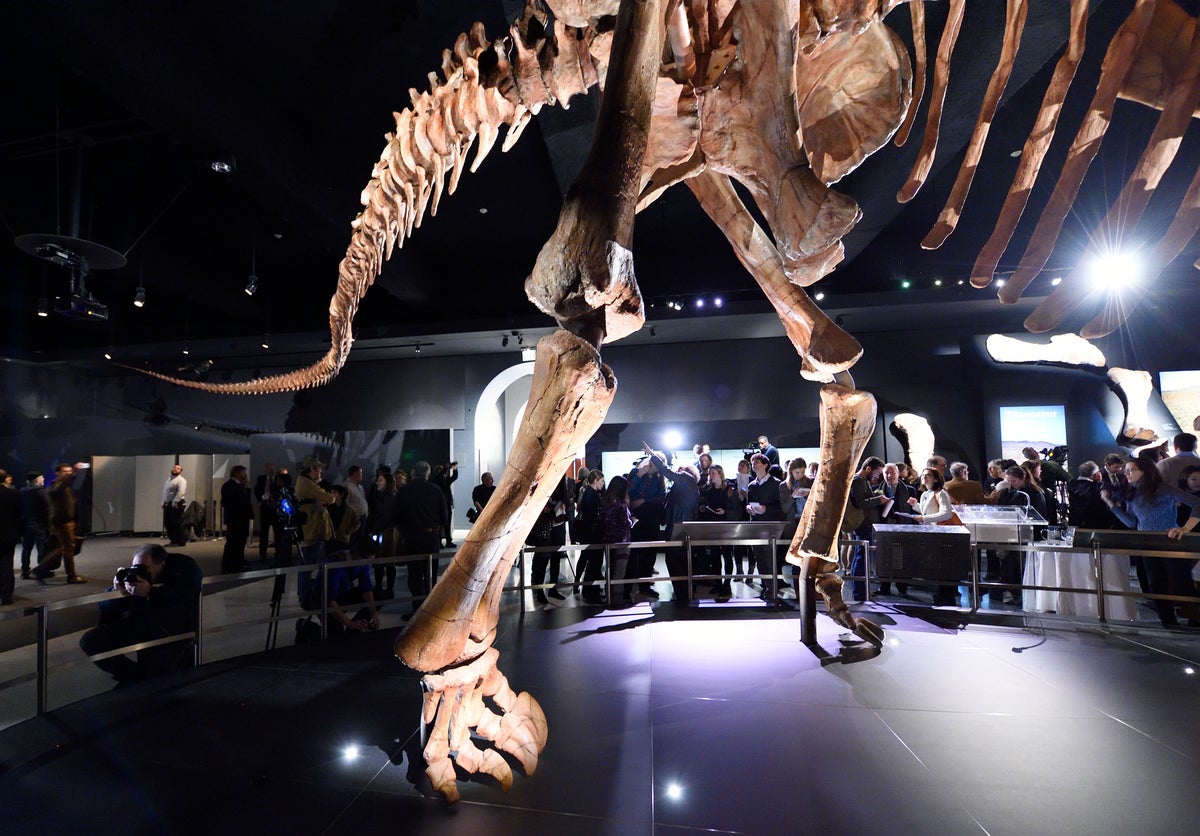Is ‘Bed Rotting’ Good or Bad for Your Sleep? “Bed rotting,” or staying in bed all day, has been touted as a self-care routine on TikTok, but it might actually make you feel worse. Here’s why that happens and how you can snap out of it By Elana Spivack Mariia Borovkova/Getty Images The grueling stretch… Continue reading Is ‘Bed Rotting’ Good or Bad for Your Sleep?
Category: Quantum Stuff
CRISPR Will Likely Not Solve Bird Flu
CRISPR Will Likely Not Solve Bird Flu New research shows that CRISPR, the gene editing technique, could make chickens more resistant to bird flu. But its use raises many ethical and scientific issues By Carol Cardona & Michelle Kromm Alexey Rezvykh/Alamy Stock Photo Recently, a group of scientists announced a breakthrough approach to combat Highly… Continue reading CRISPR Will Likely Not Solve Bird Flu
Why Is This Shape So Terrible to Pack?
Mathematicians initially believed that it’s a circle. Then, in 1934, a German mathematician named Karl Reinhardt found something worse: an octagon with rounded edges. When those arcs in the corners are drawn using hyperbolas, the total coverage is about 90.24%. The difference between this and the circle’s 90.69% is tiny, but it’s mathematically vital. Reinhardt… Continue reading Why Is This Shape So Terrible to Pack?
How Is Science Even Possible?
The universe seems like it should be unfathomably complex. How then is science able to crack fundamental questions about nature and life? Scientists and philosophers alike have often commented on the “unreasonable” success of mathematics at describing the universe. That success has helped science probe some profound mysteries — but as the physicist Nigel Goldenfeld… Continue reading How Is Science Even Possible?
How the Square Root of 2 Became a Number
The ancient Greeks wanted to believe that the universe could be described in its entirety using only whole numbers and the ratios between them — fractions, or what we now call rational numbers. But this aspiration was undermined when they considered a square with sides of length 1, only to find that the length of… Continue reading How the Square Root of 2 Became a Number
This Computer Scientist Seeks a Future Where AI Development Values Copyright
Using a powerful text- or image-generating artificial intelligence can feel like witnessing the mythical birth of Athena as she strides, fully formed and dressed in armor, out of Zeus’ forehead. Write a short prompt, and an instant later, lucid paragraphs or realistic images appear on the screen (joined, possibly soon, by convincing video). Those first… Continue reading This Computer Scientist Seeks a Future Where AI Development Values Copyright
The Question of What’s Fair Illuminates the Question of What’s Hard
The trio ended up establishing a kind of dictionary translating between fairness tools and ideas in complexity theory. They showed that any population — whether it’s days to be forecast or applicants awaiting loans — could be translated into a landscape of possible inputs for a computational problem. With the connections established, the researchers showed… Continue reading The Question of What’s Fair Illuminates the Question of What’s Hard
The New Math of How Large-Scale Order Emerges
Would Rosas’ scheme help to understand the emergence of robust, large-scale structure in a case like Jupiter’s Great Red Spot? The huge vortex “might satisfy computational closure” Rosas said, “but we’d need to do a proper analysis before being able to claim anything.” As for living organisms, they seem sometimes to be emergent but sometimes… Continue reading The New Math of How Large-Scale Order Emerges
Titanosaurs—The Biggest Land Animals in Earth’s History—Thrived by Combining Reptilian and Mammalian Traits
Titanosaurs—The Biggest Land Animals in Earth’s History—Thrived by Combining Reptilian and Mammalian Traits The secret to titanosaurs’ remarkable biological success may be how they merged the best of both reptilian and mammalian characteristics to form a unique way of life By Kristi Curry Rogers & The Conversation US The Titanosaur, the largest dinosaur ever displayed… Continue reading Titanosaurs—The Biggest Land Animals in Earth’s History—Thrived by Combining Reptilian and Mammalian Traits
Computation Is All Around Us, and You Can See It if You Try
In the movie Oppenheimer, Niels Bohr challenges the physicist early in his career: Bohr: Algebra is like sheet music. The important thing isn’t “can you read music?” It’s “can you hear it?” Can you hear the music, Robert? Oppenheimer: Yes, I can. I can’t hear the algebra, but I feel the machine. I felt the machine even… Continue reading Computation Is All Around Us, and You Can See It if You Try



